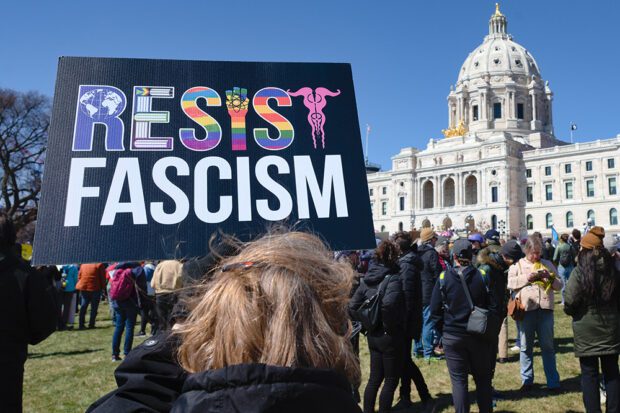
State leaders are on high alert as federal cuts threaten to end Medicaid coverage for millions across the country. California is among the states that strive to provide equitable healthcare for their residents. In January 2024, for example, Governor Gavin Newsom proposed providing full Medi-Cal (as Medicaid is known in California) coverage for low-income California residents regardless of their immigration status.
Newsom told the Fresno Bee that “healthcare access is vital, especially in underserved areas like our San Joaquin Valley.”
After a year of providing equitable access to residents throughout the state, federal cuts could significantly alter healthcare access as well as the state’s economy and workforce.
Changes in the federal legislation include work requirements, elimination of the 50% matching rate, caps on per person Medicaid spending, a freeze on taxes for healthcare providers and the repeal of a rule for enhanced eligibility. Medicaid work requirements entail that adults ages 19 to 64 must report at least 80 hours a month of community engagement such as employment, volunteer work or school.
These new requirements will make access to healthcare much more difficult for many. Additional requirements such as reapplying for coverage every six months and strict paperwork guidelines could cause further concerns.
Although the eligibility requirements include exemptions for parents with children age 13 and younger and individuals with physical and mental disabilities, the majority of recipients face uncertainty. The imminent threat has caused many states, including California, to brace for the worst.
Medi-Cal provides free or low-cost health coverage to more than one-third of the state’s residents. Many at-risk areas in the Central Valley, especially small towns and rural areas, rely heavily on Medi-Cal for health services.
The cuts are set to directly affect many of the most vulnerable including seniors, children, pregnant individuals and people with disabilities.
Dire Implications for California
Part of California’s growing concerns is the probable loss of jobs and economic output. An April 2025 study by the UC Berkeley Center for Labor Research and Education concluded that “cutting trillions of dollars in federal Medicaid would not only threaten health care access but also jobs in California.”
As a result of the cuts, many healthcare sectors in California will likely be affected including hospitals, clinics, nursing homes and home care services. Many medical facilities might reduce their staffing or even close.
A report by Laurel Lucia, deputy executive director of programs at the UC Berkeley Labor Center, determined that “federal cuts to Medicaid funding could lead over time to the loss of 109,000 to 217,000 healthcare jobs in California, while reducing state and local tax revenues by up to $1.7 billion.”
Fresno County officials continue to seek ways to reduce deficiencies by setting aside funds to assist residents.
Community Response
Although the federal cuts are not scheduled to take effect until 2026, Californians must prepare now for the forthcoming changes. The public should strive to become informed, following relevant and credible sources that are analyzing and addressing the federal changes regarding Medicaid funding.
Medicaid recipients should review their enrollment status and ensure that they understand their coverage, including their children’s coverage. Moreover, families should plan for extenuating economic impacts, such as job cuts and local economic declines.
The public should be part of the discussion. Being involved in your local community can help to mitigate the challenges that can emerge as the country undergoes the major federal cuts.
Sources:
The most likely targets for Medicaid cuts
2025-01-27_Reconciliation_CovCA-Medi-Cal_impact-report_final.pdf
How Trump’s budget will change health care in California – CalMatters
California Senators, Representatives, and Congressional District Maps – GovTrack.us
Fresno County Budget: Supes Talk How ‘Big Beautiful Bill’ Will Cut SNAP, Medi-Cal – GV Wire

It is my understanding that each county has discretion over exactly how they implement these various changes. You may be eligible in one county and not eligible one county over. One county may require more documentation.
The statewide tracking and reporting are already problematic. It seems like they have no way to account for the billions being thrown at this problem.
It has become a social, economic and political nightmare.